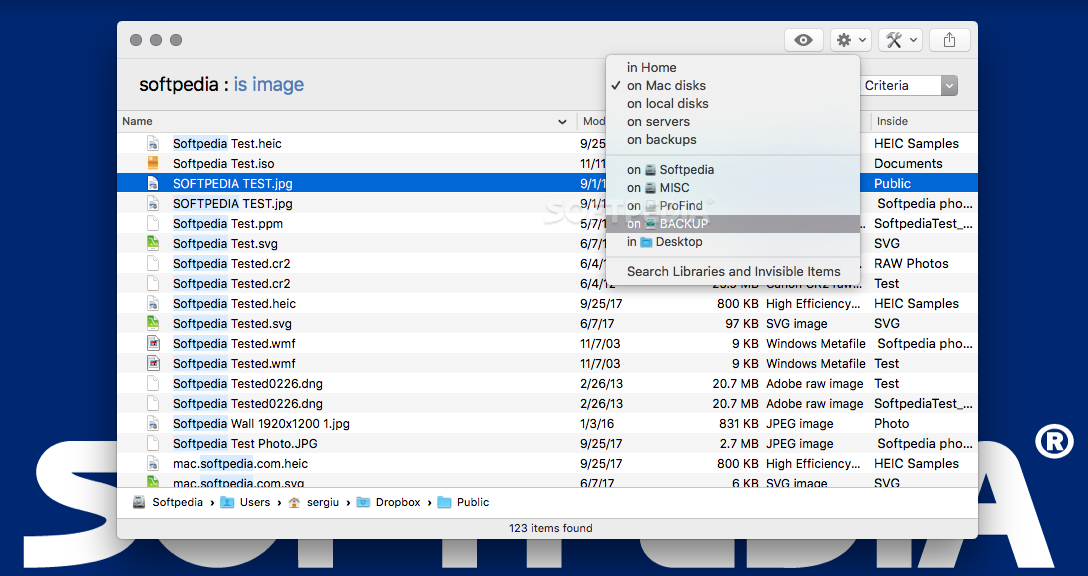

There are two ways you could install Java on macOS: Option-1) Command line:ĭownloading Java JDK on Linux via wget is shown license page instead. How can I setup latest JDK 1.7.X to default workspace in Eclipse in Mac?.Where is Java installed on my Mac OS X system?.Well if you have any of below questions then you are at correct location. But after finish installation, you may need to switch between JRE’s like 1.6, 1.7 or 8 ( latest Java). Follow steps mentioned in that tutorial to fix it. While running Eclipse with new Macbook, you may see an error about installing Java SE 6. Sudo ln -sfn /Library/Java/JavaVirtualMachines/ times if you are a new macOS user or even pro, it takes some time to find out which Java version I’m running with? What if you want to use Java 1.7 with Eclipse IDE? For the system Java wrappers to find this JDK, symlink it with The response text look something similar to.

Now, in case you do not see the java version in /usr/libexec/java_home as expected and the version selection of that missing version is not working, you might need to add a symlink:Įxecuting brew info return the location of the installed version and will specify a symlink command that you should run for the system to find the SDK. You can further export the JAVA_HOME variable in your shell init file as speciifed in the attached SOF thread. Now you can select the java version using:Įxport JAVA_HOME=`/usr/libexec/java_home -v 8` You should see the two versions specified in the response (if not, read further to create a symlink). Install two java versions (change java versions as pleased):īrew install install the following command to see the installed versions: You can use brew to install multiple java versions and run a command to switch between the versions as required. bash_profile EXPORT JAVA_HOME=$(/usr/libexec/java_home)Īssembled from the answers here and How to set or change the default Java (JDK) version on macOS?: To fix that I added the following line to my. The other issue I had was that Elasticsearch was not recognising my JAVA version. I then ran the code below, which I took from the output above: sudo ln -sfn /usr/local/opt/openjdk/libexec/openjdk.jdk /Library/Java/JavaVirtualMachines/openjdk.jdk If you need to have openjdk first in your PATH, run:Įcho 'export PATH="/usr/local/opt/openjdk/bin:$PATH"' > /Users/gerarddonnelly/.bash_profileįor compilers to find openjdk you may need to set:Įxport CPPFLAGS="-I/usr/local/opt/openjdk/include" Openjdk is keg-only, which means it was not symlinked into /usr/local,īecause macOS provides similar software and installing this software in Sudo ln -sfn /usr/local/opt/openjdk/libexec/openjdk.jdk /Library/Java/JavaVirtualMachines/openjdk.jdk And it will display the following which shows your file path: For the system Java wrappers to find this JDK, symlink it with


 0 kommentar(er)
0 kommentar(er)
